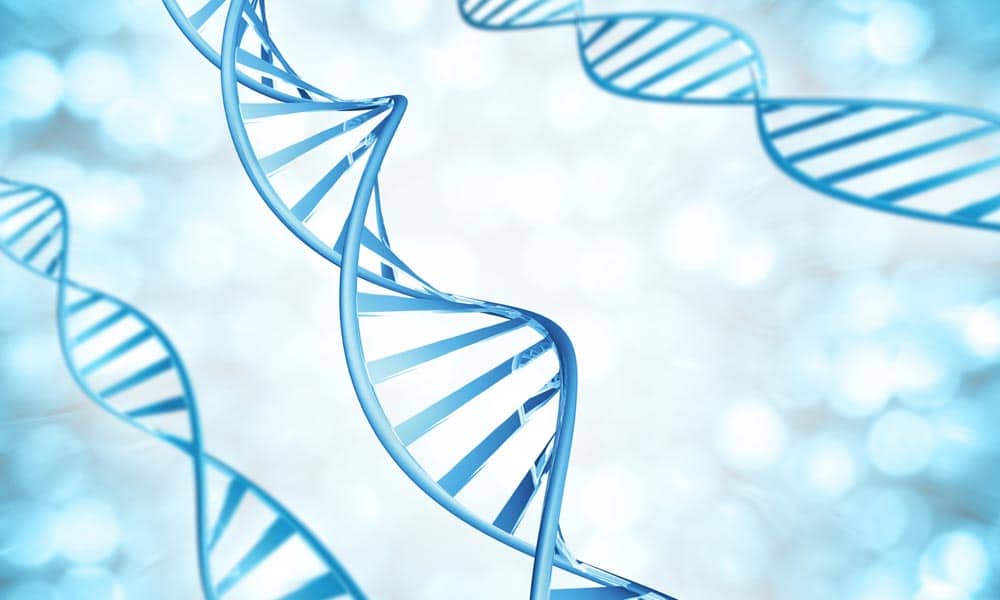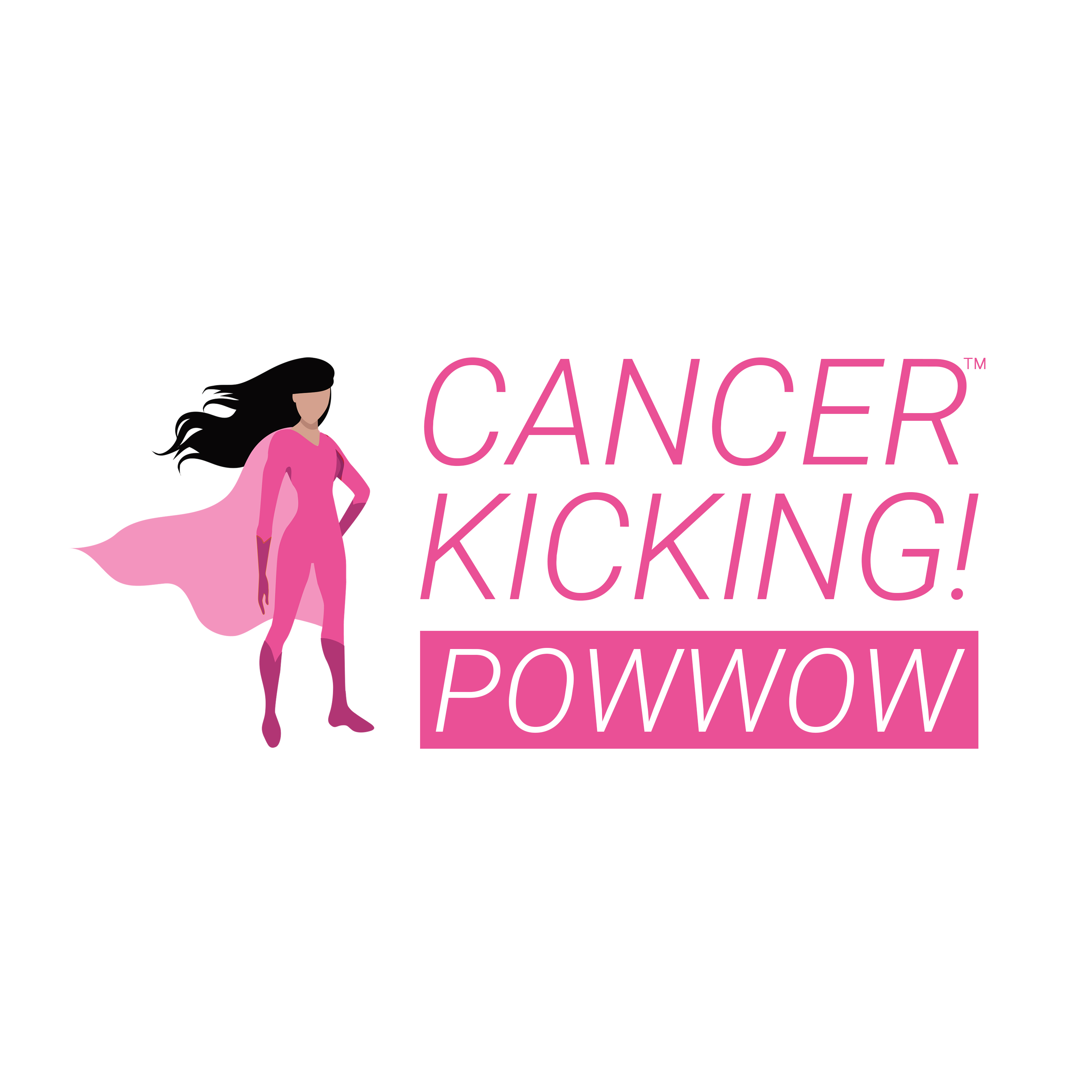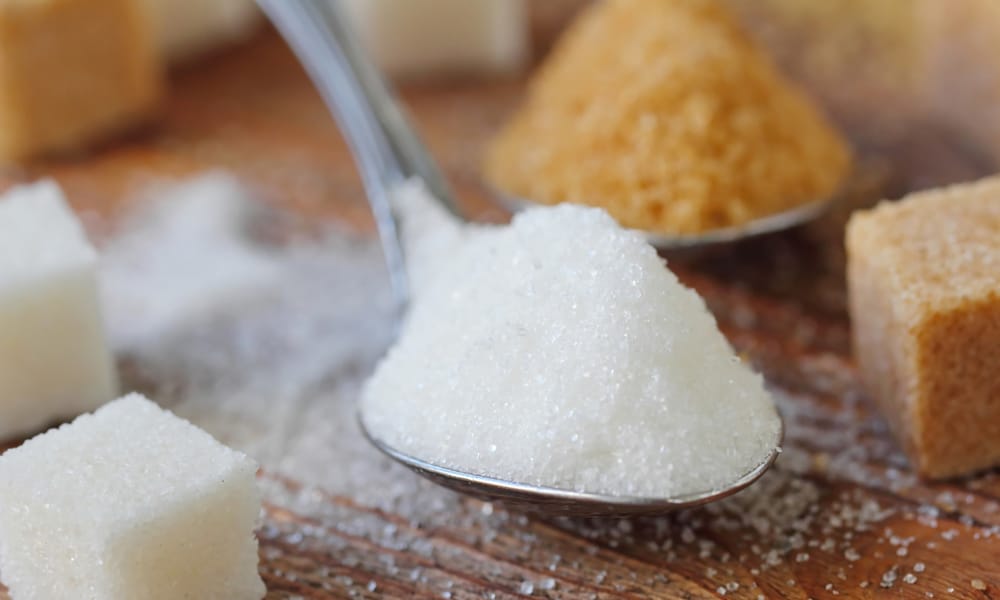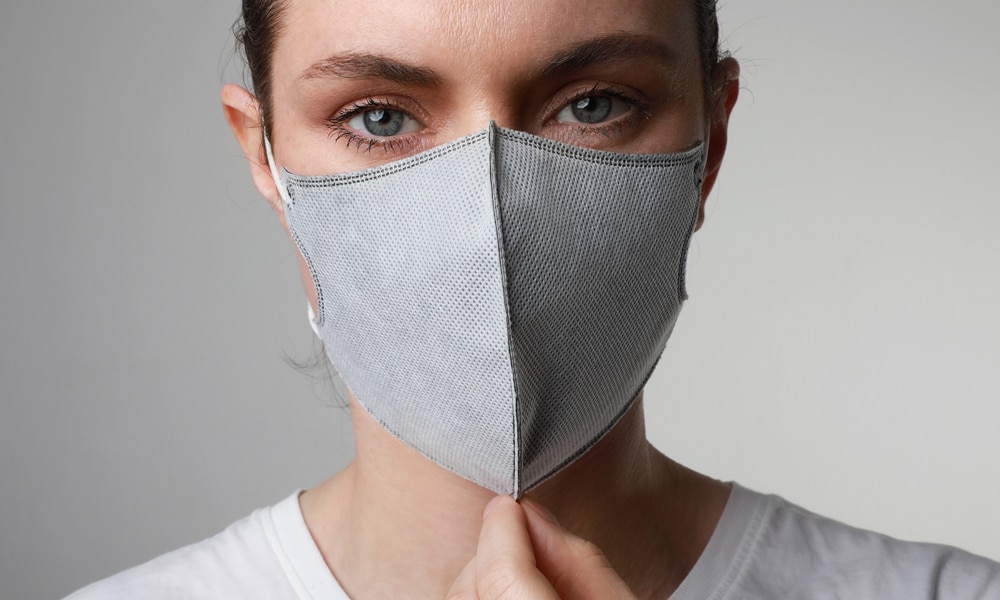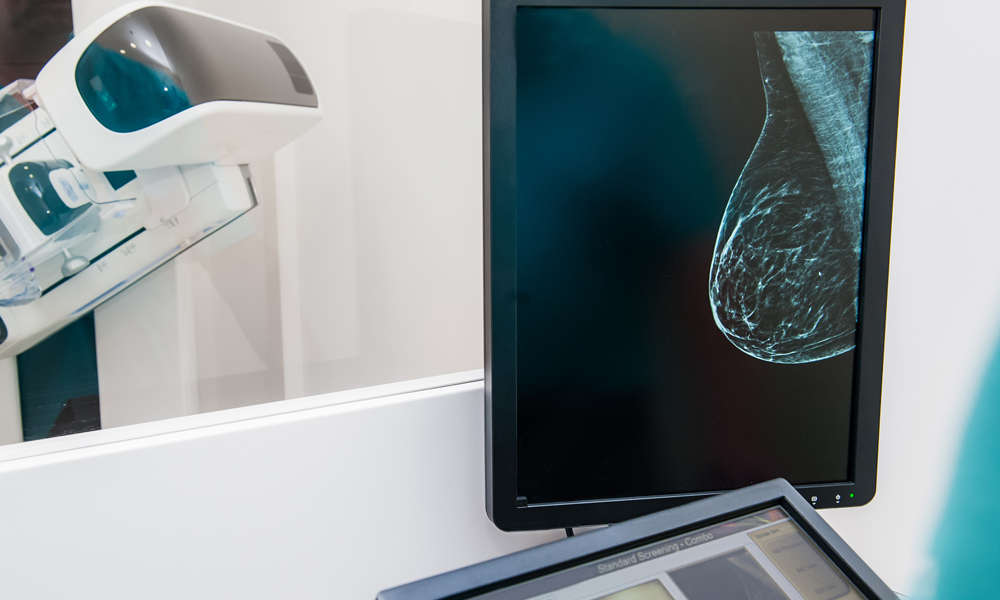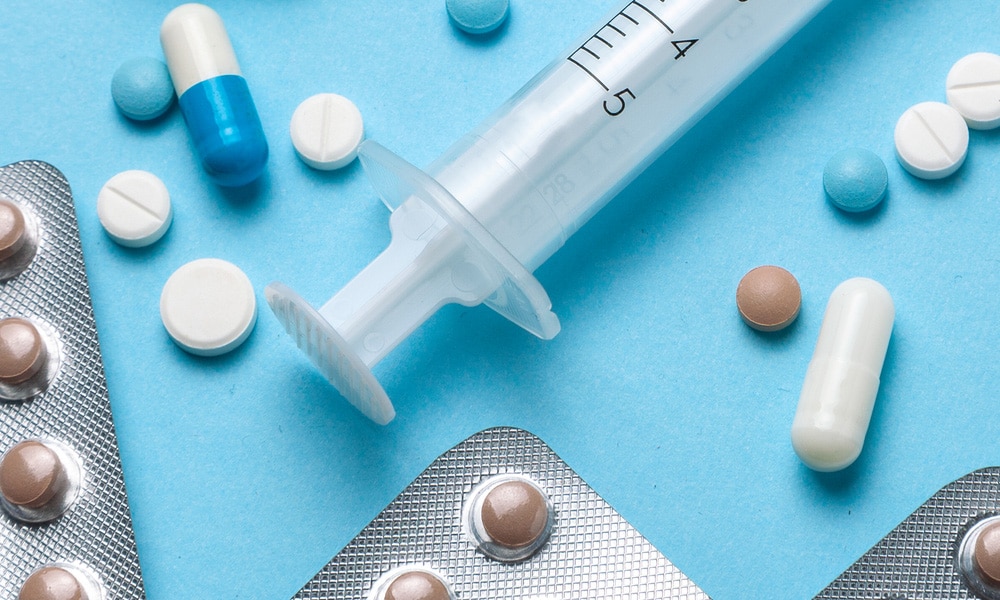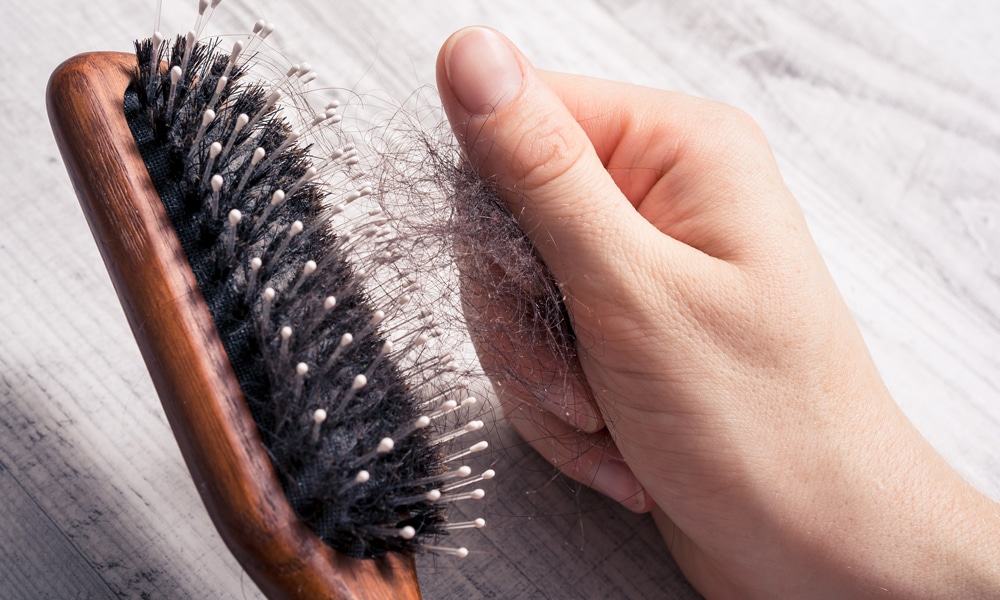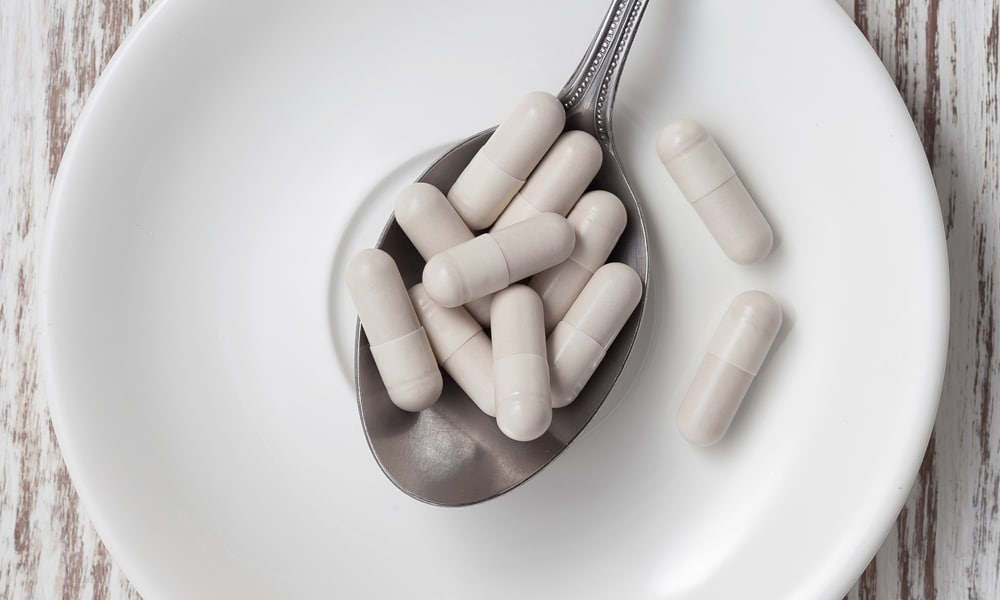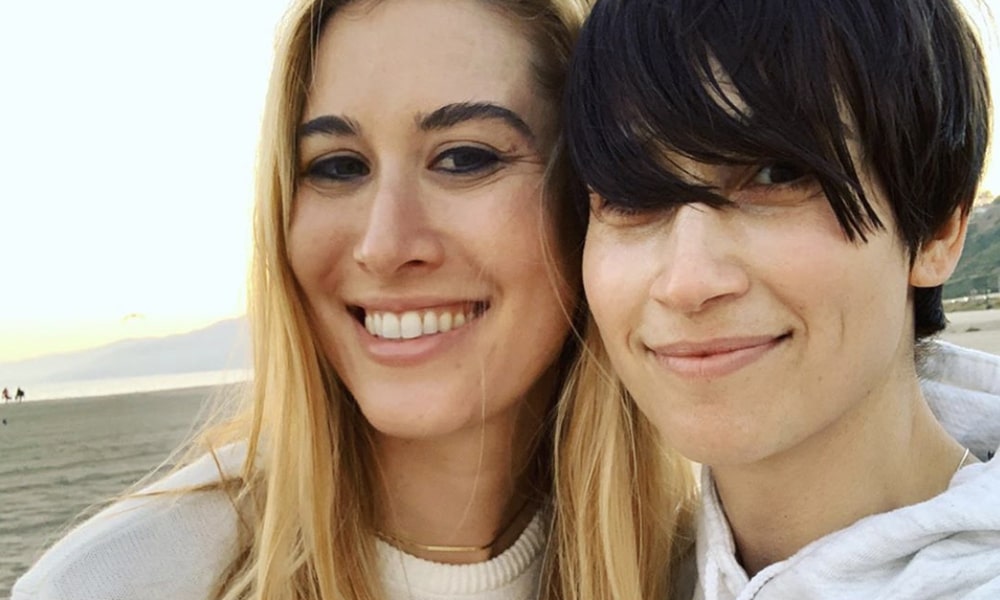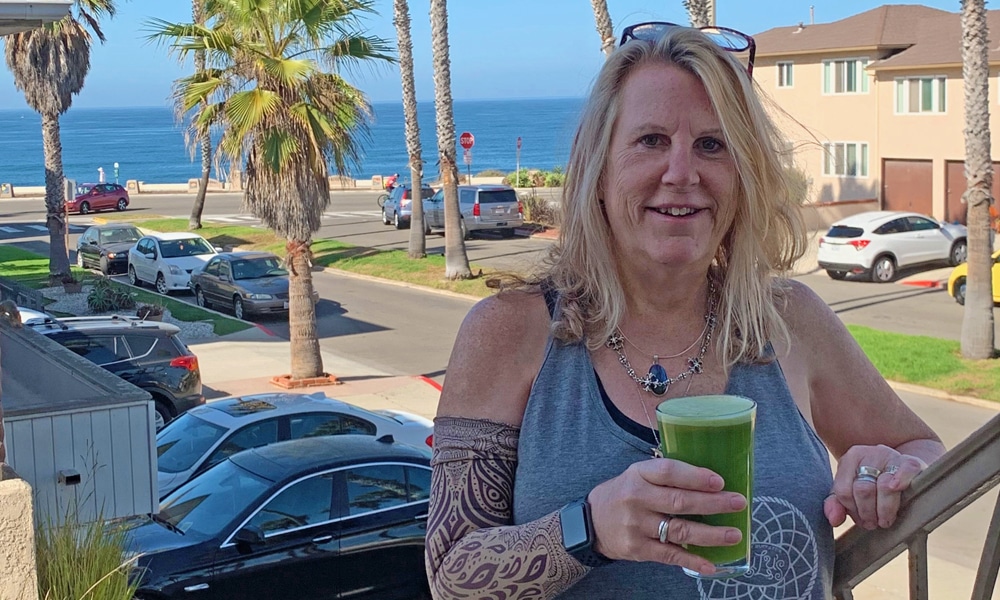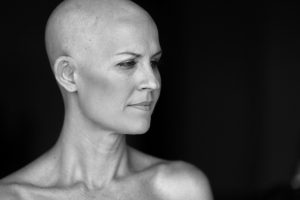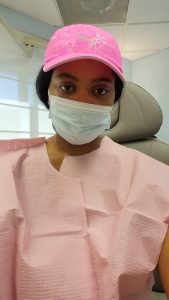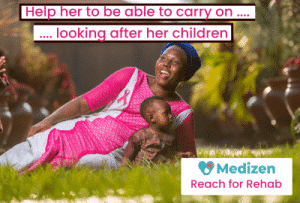By now, many people are aware that having a mutation in the BRCA1 or BRCA2 gene increases the risk of getting breast cancer. What about other factors that increase risk?
There are a number of things to consider, some of which we have control over and some of which we don’t.
Factors that are in the realm of our control
- diet
- exercise
- alcohol intake
- weight control
- some environmental factors
- lifestyle choices
- taking certain drugs (such as post menopausal hormone replacement therapy (HRT)
- some reproductive decisions
Over 11 hours of video content are now available to stream from any device. If you cannot attend our annual Summit at Terranea Resort, sign up for the Virtual Summit instead and get the same information from the in-person Summit in the convenience of your own home.
Factors outside of our control
- age
- race
- gender
- age of 1st period
- dense breast tissue
- family history of breast cancer
- prior exposure to certain drugs (such as DES)
- having had previous chest radiation (such as for the treatment of Hodgkin Disease or Non-Hodgkin Lymphoma)
- having had “abnormal cells” on a previous breast biopsy
- having an inherited genetic mutation (such as in BRCA or in another cancer susceptibility gene)
Stay Connected
Stay Connected
Should you be evaluated further?
Of the many factors that increase breast cancer risk, a few stand out and increase risk enough to warrant a more in-depth evaluation. If you have any of the following you would benefit from Cancer Risk Assessment:
- a family history of breast cancer
- a previous breast biopsy showing “abnormal” cells
- previous chest wall radiation (e.g. – mantle) prior to age 30
- a personal or family history suggestive of an inherited genetic mutation or a previously identified mutation is the family (such as in the BRCA genes or other cancer susceptibility genes)

